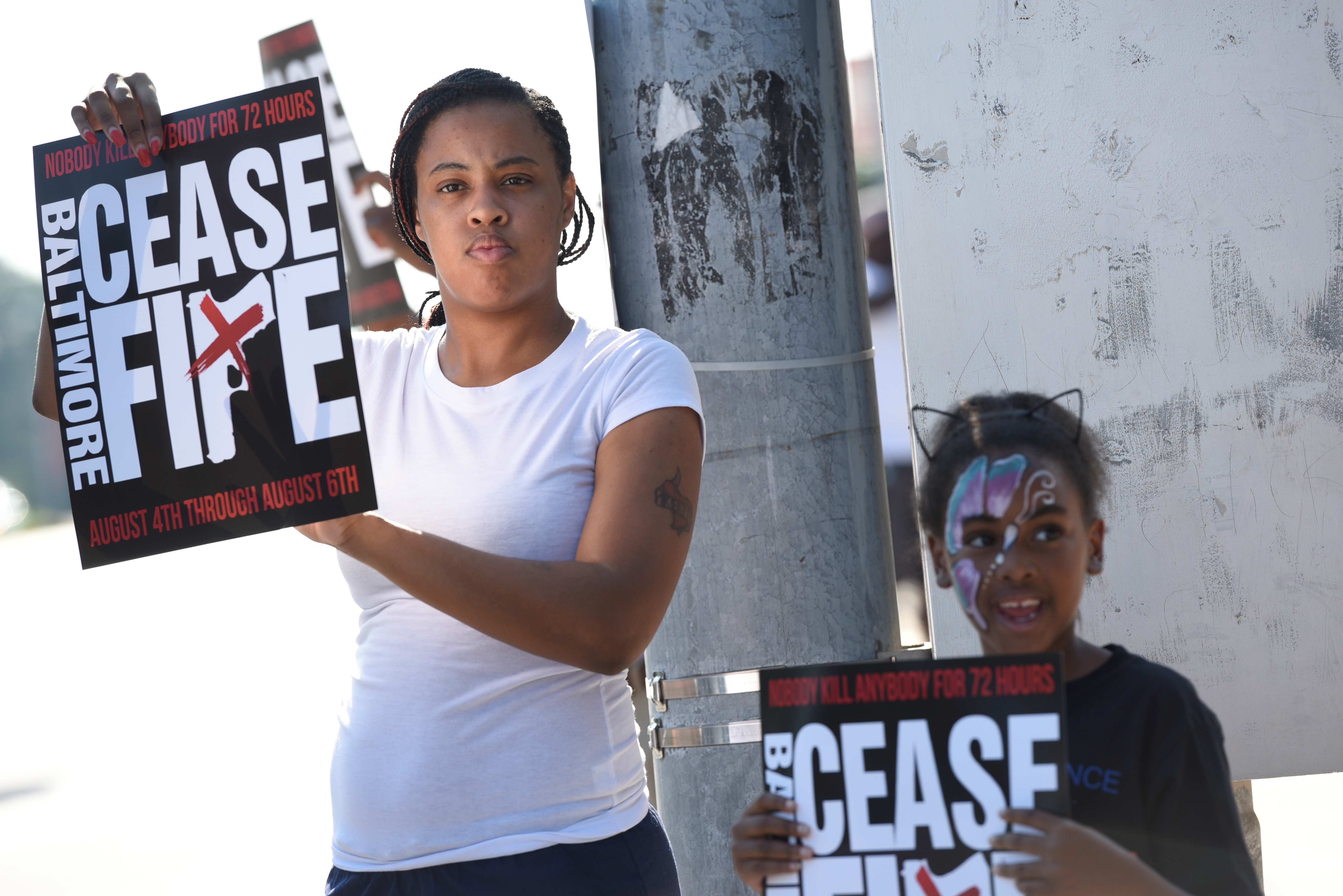
By Susan Heavey and Jeff Mason
WASHINGTON/NEW YORK (Reuters) – Several leading members of Donald Trump’s Republican Party and key ally Britain sharply rebuked the U.S. president on Wednesday after he insisted that white nationalists and protesters opposed to them were both to blame for deadly violence in the Virginia city of Charlottesville.
Trump’s remarks on Tuesday, a more vehement reprisal of what had been widely seen as his inadequate initial response to Saturday’s bloodshed around a white nationalist rally, reignited a storm of criticism and strained ties with his own party.
The Senate majority leader, Mitch McConnell, issued a statement that did not mention Trump by name but said “messages of hate and bigotry” from white supremacists, the Ku Klux Klan and neo-Nazi groups should not be welcome anywhere in the United States.
“We can have no tolerance for an ideology of racial hatred. There are no good neo-Nazis, and those who espouse their views are not supporters of American ideals and freedoms. We all have a responsibility to stand against hate and violence, wherever it raises its evil head,” McConnell said.
Trump last week lambasted McConnell for the Senate’s failure to pass healthcare legislation backed by the president, and did not dismiss the idea of McConnell stepping down.
In his comments at a heated news conference in New York on Tuesday, Trump said “there is blame on both sides” of the violence in Charlottesville, and that there were “very fine people” on both sides.
Ohio Governor John Kasich said there was no moral equivalency between the Ku Klux Klan, neo-Nazis and anybody else.
“This is terrible. The president of the United States needs to condemn these kind of hate groups,” Kasich said on NBC’s “Today” show. Failure to do so gave such organizations a sense of victory and license to hold more events elsewhere, said Kasich, one of Trump’s rivals for the Republican nomination in the 2016 presidential election.
A 20-year-old Ohio man said to have harbored Nazi sympathies was charged with murder after the car he was driving plowed into counter-protesters, killing 32-year-old Heather Heyer and injuring 19 others. Heyer was being remembered on Wednesday at a memorial service in Charlottesville.
Republican Senator Lindsey Graham, long a critic of the president, took direct aim, saying in a statement aimed at Trump, “Your words are dividing Americans, not healing them.”
Other Republicans to criticize Trump’s remarks included former Massachusetts governor and 2012 Republican presidential candidate Mitt Romney and U.S. Senator Marco Rubio, also a Trump rival in the 2016 campaign.
Republican former presidents George H.W. Bush and George W. Bush said in a joint statement: “America must always reject racial bigotry, anti-Semitism, and hatred in all forms.”
CRITICISM FROM MAY
In London, British Prime Minister Theresa May offered a rare rebuke of Trump by one of the United States’ closest foreign allies.
“I see no equivalence between those who propound fascist views and those who oppose them and I think it is important for all those in positions of responsibility to condemn far-right views wherever we hear them,” May told reporters when asked to comment on Trump’s stance.
May has been widely criticized by political opponents in Britain for her efforts to cultivate close ties with Trump since he took office in January.
Senior U.S. military officers usually stay clear of politics, but two more of the U.S. military’s top officers weighed in on Wednesday, without mentioning Trump.
U.S. Army Chief of Staff General Mark Milley wrote on Twitter, “The Army doesn’t tolerate racism, extremism, or hatred in our ranks. It’s against our Values and everything we’ve stood for since 1775.”
Air Force Chief of Staff General Dave Goldfein said on Twitter that “I stand with my fellow service chiefs in saying we’re always stronger together.”
Their comments followed similar ones from the top officers of the Navy and Marine Corps.
White nationalists called the rally in Charlottesville to protest the planned removal of a statue of Robert E. Lee, commander of the pro-slavery Confederate army during the U.S. Civil War. Many protesters were seen carrying firearms, sticks, shields, and lit torches. Some wore helmets. Counter-protesters came equipped with sticks, helmets and shields.
Trump’s comments on Tuesday followed a statement on Monday in which he had bowed to political pressure over his initial response that talked of “many sides” being involved, and had explicitly denounced the Ku Klux Klan, neo-Nazis and white supremacists.
Ronna Romney McDaniel, head of the Republican National Committee, said on Wednesday that Trump had simply acknowledged there had been violent individuals on both sides of the clashes in Charlottesville. But she assigned the blame to the white nationalists who mounted the rally, saying, “We have no place in our party for KKK, anti-Semitism … racism, bigotry.”
Amid the fraying ties with his party, Trump planned a rally next Tuesday in Arizona, home state of two Republican U.S. senators, John McCain and Jeff Flake, who have been particularly critical of him.
In a staff decision on Wednesday, Hope Hicks, a close aide to Trump, has been named as interim White House director of communications, temporarily taking the post left vacant after Anthony Scaramucci was fired last month, a senior White House official said.
(Reporting by Jeff Mason and Susan Heavey; Additional reporting by Steve Holland, Makini Brice and Mohammad Zargham in Washington; Writing by Will Dunham; Editing by Frances Kerry)












